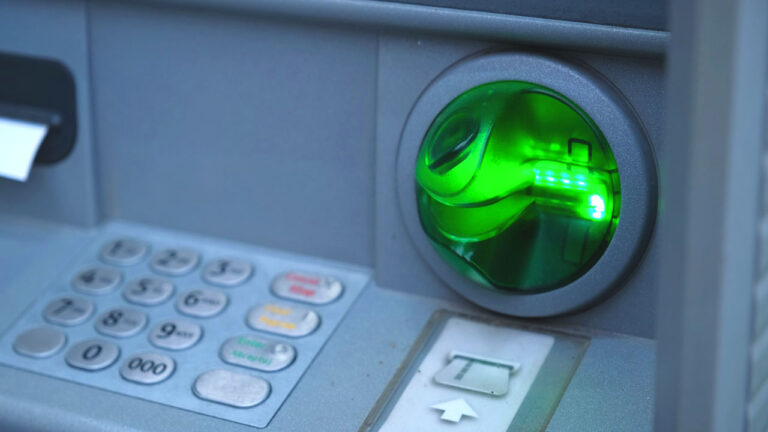Friendly Fraud, Awkward Enemy

As merchants, when we think of fraud, there’s nothing friendly about it. Yet the most common and costly form of fraud we face is called “friendly fraud.” The FBI currently ranks it as the #3 problem facing ecommerce. Here, we take a look at what’s so “friendly” about it, as well as the challenges and consequences merchants face from it.
What is friendly fraud exactly?
Friendly fraud occurs when a cardholder reports a transaction as unauthorized even though they initiated it, and despite the fact that they received the goods or services purchased therein. Merchants in the adult and gaming spaces are most likely familiar with remorseful customers trying to get a refund from a product after the fact due to regret, disgrace, or discovery. Whatever the scenario, consumers report friendly fraud for a wide range of reasons spanning from benign to abusive.
Cardholder initiates fraud, scaled
Compared to incidents of true fraud, where culprits initiate transactions with clear intent to commit fraud, intent is far more nebulous with friendly fraud; it combines both good and bad actors. And it can be extremely challenging for merchants to differentiate between the two. What’s worse: the issuing bank is far more likely to side with the cardholder against the merchant in friendly fraud scenarios. Here are some typical scenarios on a scale of one to six, one being benign and six being outright abusive…
- They simply don’t remember making the purchase
- Another household member made an unauthorized purchase
- Cardholder does not recognize statement descriptor
- Cognitive dissonance, shame, remorse of purchase
- They cannot get a return or refund through the merchant
- They are knowingly gaming the system
Careful, it’s viral!
Furthermore, unlike true fraud, friendly fraud is contagious, like a certain virus we shall not name here. When a cardholder gets a favorable resolution through a fraud dispute — they get a full refund AND keep the purchased item — they then know they can game the system intentionally, and thus become “infected” with the intent to do it again and again. They may even brag about it to friends, spreading the scheme further.
As a result, friendly fraud has fast gown into a pandemic. Visa reported that in fiscal year 2012, merchants faced a total $11.8 Billion in loses from this type of fraud. Compare that to identity theft, which totaled $2.7 billion in the same year and it’s clear what a monumental problem friendly fraud is.
Though the picture may seem bleak, it is not hopeless. Like any good zombie apocalypse saga, heroes emerge with the right tools to fight off the threat, survive it and even thrive despite it. In our ongoing commitment to safeguard our merchants from fraud, ChargebackHelp has assembled a survival kit of sorts to help you spot the dangers of friendly fraud, to defend against it and to position your business to emerge victorious.
ChargebackHelp has the tools you need to defend against friendly fraud. We can build your case to fight back in real time, and even stop friendly fraud before it can become a dispute. And if it does become a dispute or leads to a chargeback, we can help you recover your revenue. If you’re serious about protecting your revenue from fraud and other threats, send us an email, call us at 1.800.975.9905 or contact us here. Let’s start a conversation about how you can avoid disputes and keep more of your revenue.








